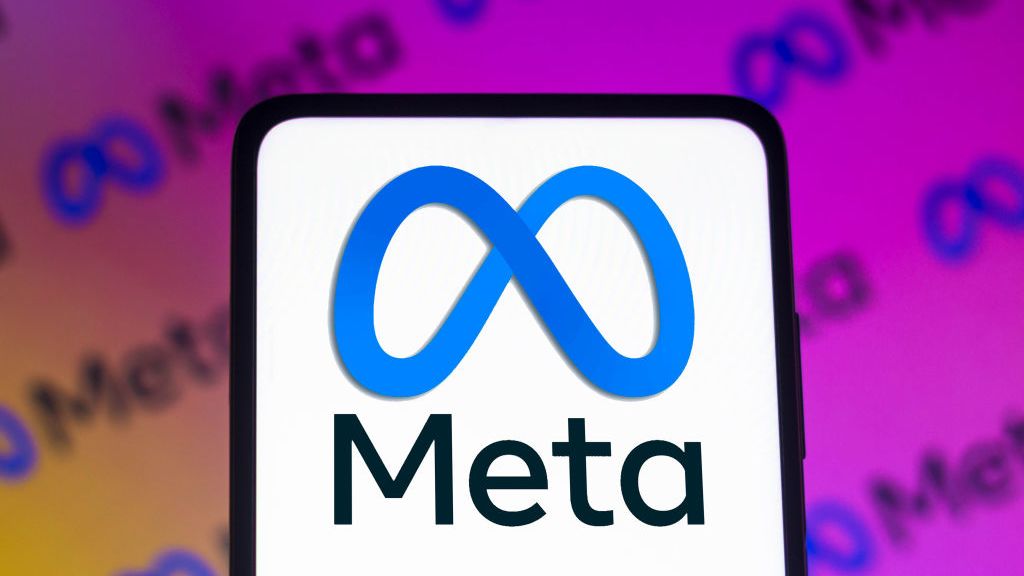Facebook warns of new Superfish threat
The fake security certificate used by the Lenovo-installed adware can be re-used by hackers, says social network

Hackers are easily able to extract the fake security certificate used by Superfish to make their malware even more dangerous, Facebook has warned.
Superfish, the adware program that came pre-installed on Lenovo machines, used a self-signed security certificate, known as a Certificate Authority (CA), to impersonate any SSL-enabled website.
That means it could trick a user's computer into connecting with a website by offering up its own, insecure CA, rather than the website's own, which a computer must receive to confirm the website is what it claims to be.
Known as a man-in-the-middle attack, this undermines the security of web browsers and operating systems, because it can see all of a computer user's actions, including banking, email and Facebook activity.
Lenovo was quick to state it didn't profile or monitor user behaviour, or record user information, and has now stopped shipping devices with the adware pre-installed.
However, Facebook security researcher Matt Richard warned other threat actors could re-use the Superfish CA on their own applications.
He wrote: "By reusing the same certificate, a bad actor could potentially obtain that CA file and perform "man-in-the-middle" (MITM) attacks on untrusted networks like public Wi-Fi, set up authentic-looking phishing pages, or sign software that makes people vulnerable to other malicious code as they browse the internet.
Get the ITPro daily newsletter
Sign up today and you will receive a free copy of our Future Focus 2025 report - the leading guidance on AI, cybersecurity and other IT challenges as per 700+ senior executives
"In this case, the certificate used by the Superfish software is relatively easy to extract. Although we are not aware of anyone abusing this certificate in the wild, it's a real risk and would be hard to detect."
He said the social network has found more than 12 other software applications using the same fake certificate program as Superfish.
While Facebook is yet to determine the purpose of these applications, some of which appear to be Superfish-esque adware, he said a number of them are suspicious.
"What all of these applications have in common is that they make people less secure through their use of an easily obtained root CA, they provide little information about the risks of the technology, and in some cases they are difficult to remove," Richard added.
These applications are also unlikely to keep up with updates to the secure browser HTTPS protocol, meaning there's a risk they could expose private data to network attackers.
Superfish's fake CA comes from a company called Komodia, and Facebook found a Trojan horse, known as Trojan.Nurjax, using the Komodia's libraries of software development kits.
-
 Should AI PCs be part of your next hardware refresh?
Should AI PCs be part of your next hardware refresh?AI PCs are fast becoming a business staple and a surefire way to future-proof your business
By Bobby Hellard
-
 Westcon-Comstor and Vectra AI launch brace of new channel initiatives
Westcon-Comstor and Vectra AI launch brace of new channel initiativesNews Westcon-Comstor and Vectra AI have announced the launch of two new channel growth initiatives focused on the managed security service provider (MSSP) space and AWS Marketplace.
By Daniel Todd
-
 Amazon confirms employee data compromised amid 2023 MOVEit breach claims – but the hacker behind the leak says a host of other big tech names are also implicated
Amazon confirms employee data compromised amid 2023 MOVEit breach claims – but the hacker behind the leak says a host of other big tech names are also implicatedNews Millions of records stolen during the 2023 MOVEit data breach have been leaked
By Solomon Klappholz
-
 Nearly 70 software vendors sign up to CISA’s cyber resilience program
Nearly 70 software vendors sign up to CISA’s cyber resilience programNews Major software manufacturers pledge to a voluntary framework aimed at boosting cyber resilience of customers across the US
By Solomon Klappholz
-
 Latest Meta GDPR fine brings 12-month total to more than €1 billion
Latest Meta GDPR fine brings 12-month total to more than €1 billionNews Meta was issued with two hefty GDPR fines for “forcing” users to consent to data processing
By Ross Kelly
-
 "Unacceptable" data scraping lands Meta a £228m data protection fine
"Unacceptable" data scraping lands Meta a £228m data protection fineNews The much-awaited decision follows the scraping of half a billion users' data and received unanimous approval from EU regulators
By Rory Bathgate
-
 Lenovo patches ThinkPad, Yoga, IdeaPad UEFI secure boot vulnerability
Lenovo patches ThinkPad, Yoga, IdeaPad UEFI secure boot vulnerabilityNews Mistakenly used drivers could allow hackers to modify the secure boot process
By Rory Bathgate
-
 Meta notifies around 1 million Facebook users of potential compromise through malicious apps
Meta notifies around 1 million Facebook users of potential compromise through malicious appsNews The vast majority of apps targeting iOS users appeared to be genuine apps for managing business functions such as advertising and analytics
By Connor Jones
-
 Facebook business accounts hijacked by infostealer malware campaign
Facebook business accounts hijacked by infostealer malware campaignNews Threat actors are using LinkedIn phishing to seize business, ad accounts for financial gain
By Rory Bathgate
-
 Meta begins encrypting Facebook URLs, nullifying tracking countermeasures
Meta begins encrypting Facebook URLs, nullifying tracking countermeasuresNews The move has made URL stripping impossible but will improve analytics
By Rory Bathgate